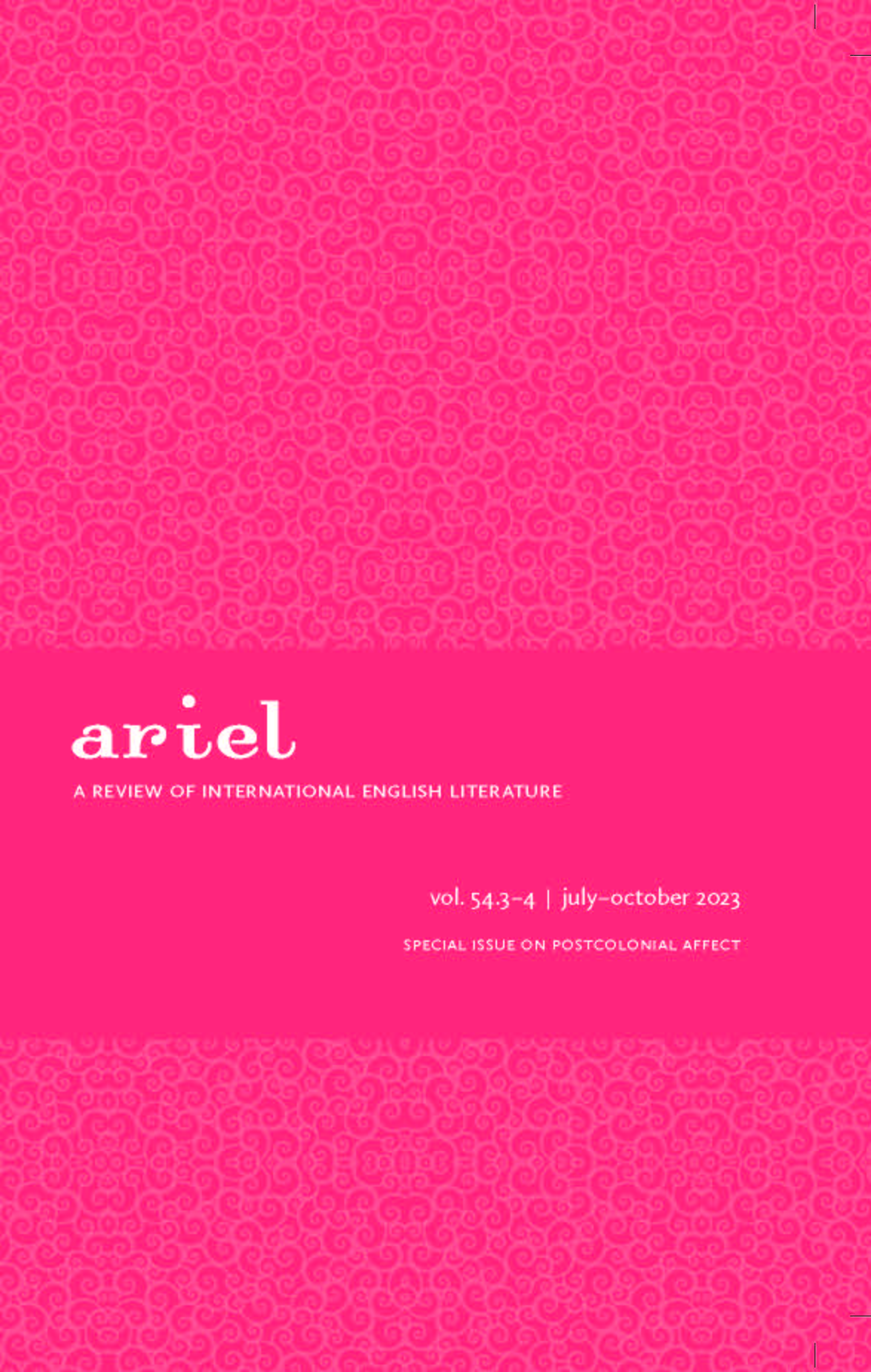The Literature of Cacao: Jorge Amado’s Gabriela, Clove and Cinnamon
Keywords:
Jorge Amado, jealousy, emotional regime, capitalist modernity, coronelismoAbstract
Situated at the intersection of postcolonial studies and affect studies, this essay explores the emotional and generic significance of capitalist modernity in Jorge Amado’s Gabriela, Clove and Cinnamon (1958). Amado’s novel is set in the provincial city of Ilhéus at the time of the First Republic (1889-1930), a particularly volatile period of Brazilian history that witnessed the decline of the regional oligarchies and the rise of the urban bourgeoisie. By combining these two different critical perspectives, I argue, we are able to understand the privileged position that jealousy occupies within the novel’s affective economy; and we can see why Mundinho Falcão, a wealthy investor from Rio, should find it necessary to establish a new emotional regime in Ilhéus, one that privileges capitalist rationality over the hyperbolic feelings associated with the existing feudalistic order. Moreover, as the novel progresses, it becomes clear that this transition at the level of story, whereby one dominant structure of feeling makes way for another, creates a corresponding disturbance at the level of discourse or genre – transforming a narrative of melodramatic antipathies and rivalries into one of bourgeois complicity and compromise.


